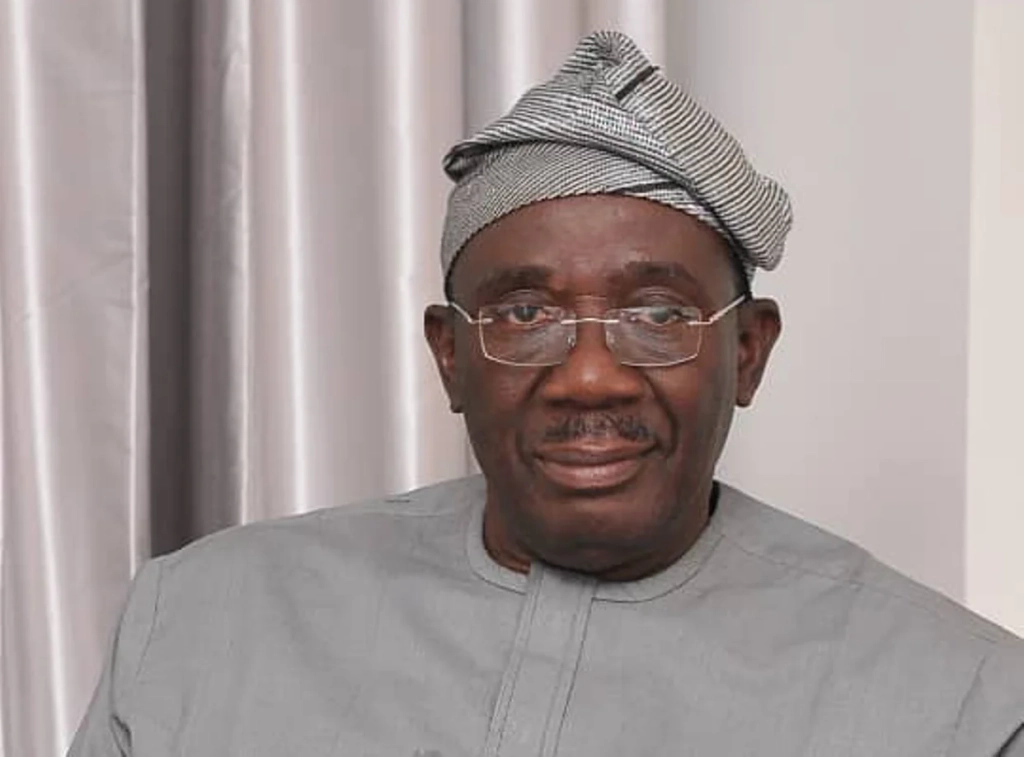Senator Francis Adenigba Fadahunsi, representing Nigeria’s Osun East Senatorial District, has formally resigned from the opposition Peoples Democratic Party (PDP), citing unresolved internal conflicts and prolonged legal disputes that have plagued the party since the 2023 general elections. The announcement, detailed in a resignation letter dated June 12, 2025, marks a significant shift in Nigeria’s political landscape, reflecting broader instability within one of the country’s major political groups.
Fadahunsi’s resignation letter, addressed to the PDP’s Ward 4 Chairman in Obokun Local Government Area of Osun State, attributes his departure to “irreparable, irreconcilable differences” and ongoing legal challenges at the PDP’s national level. The senator emphasized that the decision followed extensive consultations with political allies, family, and advisors. “I wish to formally notify you that I am resigning my membership of the Peoples Democratic Party with immediate effect,” the letter stated, urging the party to accept his resignation “in good faith.”
The PDP, Nigeria’s primary opposition party, has faced internal fragmentation since its defeat in the 2023 presidential election, with factional disputes and court cases weakening its cohesion. Fadahunsi’s exit underscores persistent tensions, particularly among senior figures dissatisfied with the party’s direction. A prominent PDP member from Ilesa, Osun State, who spoke anonymously to local media, revealed that the senator’s resignation had been anticipated for months. “He had long lost interest in the party and was determined to leave, despite efforts to persuade him otherwise,” the source disclosed.
Fadahunsi, a veteran politician first elected to the Senate in 2019, has not yet announced future political plans. His departure raises questions about potential realignments ahead of Nigeria’s next electoral cycle, particularly in the southwest region where the PDP and ruling All Progressives Congress (APC) remain locked in competitive dynamics. Analysts note that high-profile defections often signal deeper structural challenges within Nigerian parties, which are frequently shaped by personal alliances and regional loyalties rather than ideological consistency.
The resignation also highlights the PDP’s struggle to reconcile post-election grievances, including disputes over leadership and electoral outcomes. While the party retains a strong presence in states like Rivers and Delta, its ability to present a unified front nationally has been increasingly questioned. For now, Fadahunsi’s move underscores a recurring theme in Nigerian politics: the fluidity of party affiliations and the volatile interplay of personal ambition and institutional discord.
